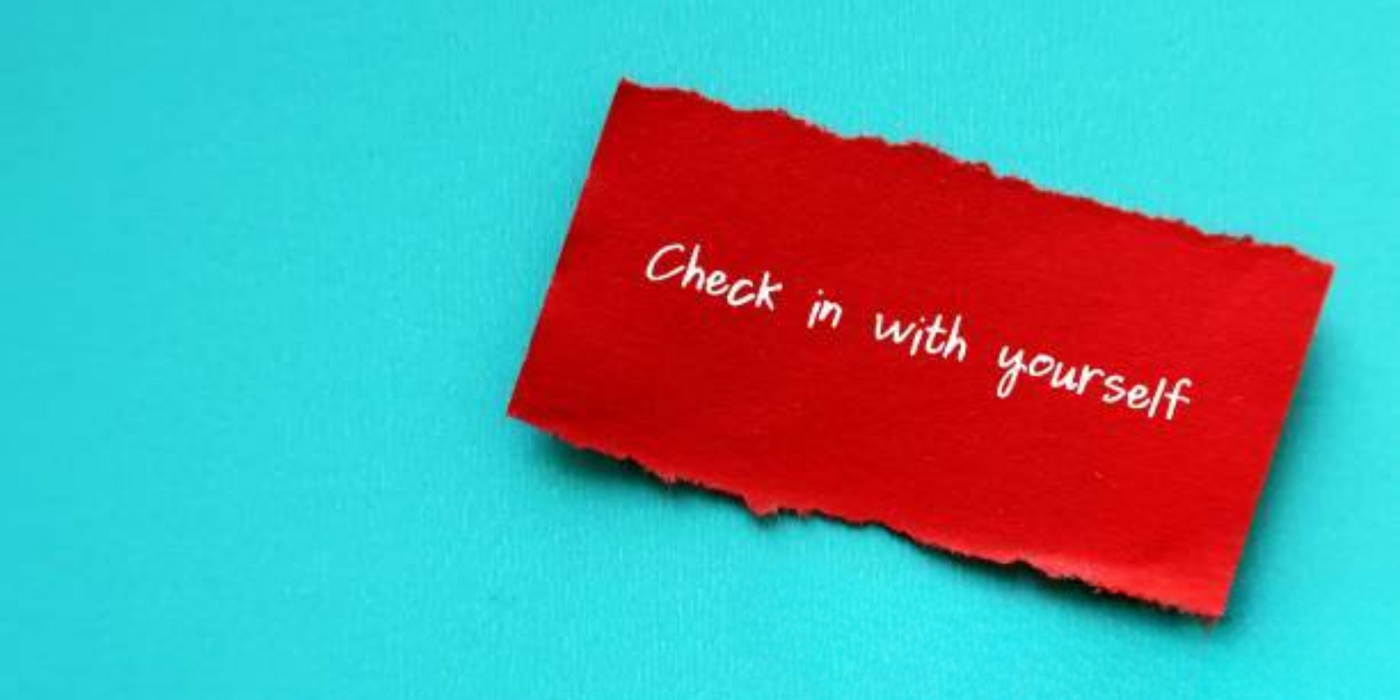Every now and then, I meet a client who sits across from me, tissues clutched tightly in one hand, whispering the same sentence I’ve heard dozens of times before: “I just feel like I’m failing at life.”
They’re not.
They’re managing a home, answering work emails, caring for aging parents, navigating romantic confusion, and still—somehow—remembering to water their plants every other week. But all they see is what they forgot: the missed workout, the overdue payment, the unanswered message.
This is a love letter to that quiet chaos. To the messy middle of adulthood. To those who don’t feel like they’re thriving but are showing up anyway. Because—psychologist’s word here—you’re doing better than you think.
Why We Think We’re Behind (Even When We’re Not)
There’s a phrase I use often in therapy: emotional invisibility. It’s the gap between what people are going through internally and what the world acknowledges externally. In today’s hyper-visible, achievement-oriented world, only milestones are validated: new jobs, weddings, home purchases. But the micro-movements—the quiet resilience of getting out of bed on a hard day—go unseen.
Social media compounds this. In a 2022 study by APA, nearly 60% of adults reported feeling inadequate when comparing their lives to curated online personas. This “comparison burnout” is particularly intense among 25–40-year-olds, who are expected to have it all together—while still learning how to read health insurance documents.
The Myth of “Sorted” Adults
Most of us still feel 17 inside. We’re googling “how to clean a gas stove” while managing full-time jobs. We cry on the bathroom floor and still show up for meetings. But because adulthood doesn’t come with applause or report cards, we assume we’re doing it wrong.
One client, 29 and working in consulting, said:
“Everyone around me seems like they know how to live. I’m just winging it.”
Another, a new mother navigating postpartum anxiety, whispered:
“I feel like I’m drowning, and no one notices. I keep smiling because I’m scared of what’ll happen if I stop.”
These are the adults doing the hard work of healing, caregiving, and emotionally growing in silence. Their achievements are invisible, but enormous.
Why Progress Feels So Slow (And Why That’s Okay)
Progress, when it’s emotional, is nonlinear. It looks like: Having a panic attack and still making it to your appointment. Not replying to a friend’s message but feeling less guilty than last time. Forgetting groceries but not spiraling about it.
Therapist and author Dr. Nicole LePera calls this “expanding your window of tolerance.” It’s not about becoming flawless—it’s about becoming more spacious inside.
You don’t measure adulthood in checklists. You measure it in capacity.
What I See in You (That You Might Not)
You pause before reacting.
You reflect on patterns.
You care deeply about doing right by others—even when you forget to extend that kindness to yourself.
You are, in psychological terms, doing the work.
According to Harvard research on adult development, emotional growth, meaningful relationships, and a sense of internal safety are the best indicators of a fulfilling life. You don’t need a five-year plan. You need emotional alignment.
And if you’re reading this? You’re already closer than you think.
What Helps When You’re Doubting Everything
Start your day by asking: What would be enough today—not perfect, just enough?
Keep a “done” list: At the end of the day, jot down what you did, not what you missed. (Yes, ‘called my mum back’ counts.)
Use the “therapist mirror” test: Would you speak to your best friend the way you speak to yourself? If not, rewrite the thought.
Affirmations that don’t feel like fluff: “I am not behind. I’m moving at my pace.” “My worth is not tied to my to-do list.” “I can be proud of my effort, even when the outcome is messy.”
A Closing Note (From One Adult to Another)
You might feel disheveled, confused, and perennially unsure—but you’re showing up. In therapy. In your job. For your friends. For your kids. For yourself.
The mental load of modern adulthood is real. But so is your strength.
You are not late. You are not lazy. You are living through the quiet, complex middle of growing up.
And I promise—you’re doing better than you think.

